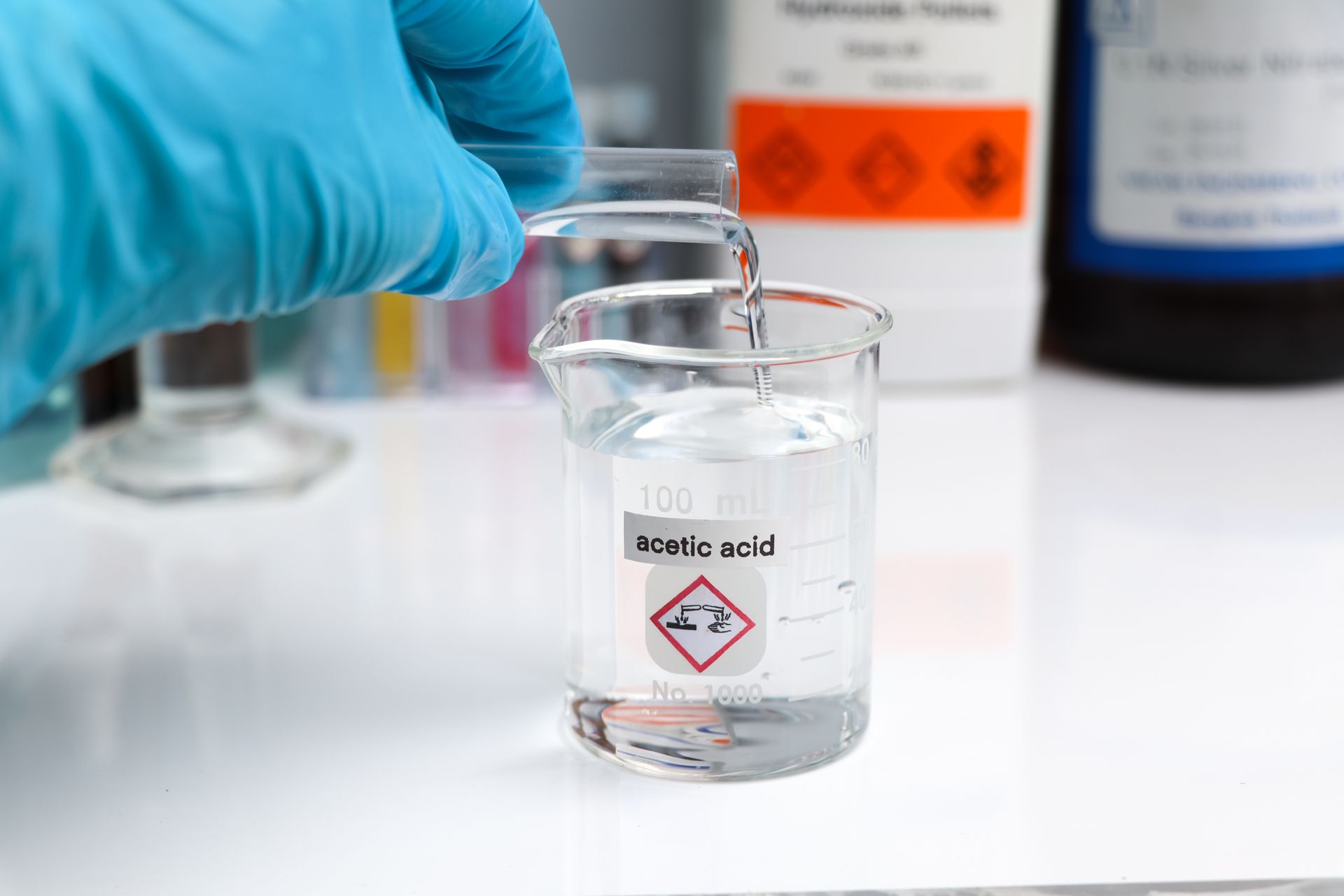1-877-HALAL-WW (+1-877-425-2599)
Is Halal Certification a Relief for All?

Until recently, "halal" has been limited to meat sold at specialty corner shops that's usually run by small immigrant families from the Indian subcontinent. Today, we see an industry approaching $3 trillion dollars, with a product portfolio spanning from cosmetics to pharmaceuticals with international mega conglomerates jumping on the halal bandwagon looking to strike gold. This is a startling difference from where things were just five years ago.
In the past, the search for halal had us driving all over just to find a grocer with one or two halal products for sale. Muslims were enormously inconvenienced, and restricted due to limited supply quantities at astronomical prices. However, those days are a relic of the past.
With the maturation of halal certification, and more businesses aiming to be inclusive by catering to the halal-conscious consumer, we are starting to have our dietary needs more comfortably met.
In some countries (specifically where there are Muslim minorities) the halal search is yet still, a great struggle.
What Does it Mean to Gain Halal Certification?
For a product to be classified as "halal-certified," it needs to be devoid of impermissible ingredients and be processed in a facility conducive to maintaining the integrity of the halal status. For Muslims living in a Muslim-minority country, stumbling upon a product with a halal-certified logo always brings a sigh of relief.
According to Vloreen Nity Mathew's paper on Acceptance of Halal Food among Non-Muslim Consumers, halal-certified products are gaining steady popularity among non-Muslims. While the concept of "halal" commonly concerns the Muslim consumer, halal food businesses have great potential to capture the non-Muslim market, as "halal" goes beyond religious values, and Muslim concerns alone. Halal also represents hygiene, cleanliness and wholesome, quality food.
Let's explore the how and why halal certification benefits all kinds of health conscious consumers.
A Relief for Muslims
Muslims adhere to the Islamic dietary laws for the sole reason of obeying the commandments of God. In Surah al-An’am, God says:
“So eat that (meat) upon which the name of Allah has been mentioned, if you are believers in His verses. ” (Quran 6:118)
When more businesses take into account their Muslim clientele and apply for halal certification, they are taking a step towards inclusivity. As a result, when businesses gear their product towards Muslims, the halal market grows, and the companies involved benefit financially.
Additionally, the demand for halal-certified food-related products provides opportunities for countries to compete within the international halal market. According to Borneo Post, this would permit nations to develop robust halal standards with an extensive researched economic ecosystem. Currently, as it stands, the Halal Food & Beverage industry is the biggest market within the halal industry.
Furthermore, Borneo Posts writes that the increasing demand for halal food in the international market is also an opportunity for countries to compete in the lucrative global halal market. This would permit nations to develop robust halal standards with an extensively researched economic ecosystem. "The opportunity has also been seized globally, by Muslim and non-Muslim companies and in some cases, some prominent halal food products are being produced in non-Muslim countries such as Brazil, China and more," the report highlighted.
A Relief for Non-Muslims
Halal dietary law is rooted in the Islamic faith. However, some non-Muslims hold misconceptions around what is understood to be "halal." They misunderstand the process of certification and remain unaware of the maintenance that goes into caring for livestock, the monitoring slaughterhouses, auditing manufacturers, and reviewing all ingredients. In an article by Jean Hopfensperger, she writes that non-Muslim farmers have reported that they have been witnessing an increased demand for halal meat outside of their usual Muslim customers. She says that it is a "a win-win situation, providing a fast-growing market for goats and sheep while also creating cross-cultural relationships and friendships."
Research has shown that halal-certified products undergo better hygiene and quality control processes. In a world where sickness is rife, it has never been more vital to make informed and healthy food choices. Noah Robertson writes that "halal meat is tastier and healthier than regular meat."
Muslims are instructed to take care of their bodies, so what we eat matters. For this reason, halal meat needs to undergo high standards of quality and cleanliness. Part of the quality control includes that no animal should be injected with added growth hormones, antibiotics, chemicals, or animal by-products intended to fatten animals. Farmers must also practice proper sanitation to be halal-certified. In addition, the meat is completed drained from the blood as it avoids potential bacteria growth.
A Relief for Vegans
When halal food is scarce at a restaurant, the safest option is to opt for the vegan or vegetarian menu. This removes all doubts as to whether the farm-to-fork life of the animal has been processed under Islamic regulations.
Furthermore, a vegan diet excludes all animal products. Therefore, the halal certification comes as a relief for them as it proves that the product is natural, pure, and free from hidden animal by-products such as gelatin or lard.
A Relief for Jews
Islam and Judaism have similar slaughtering procedures yet differ in the prayers that they offer. Both faith traditions prohibit pork. The Jewish dietary laws are further subdivided into different categories, ranging from animals that are terrestrial to aquatic, hoofs and clefts.
Additionally, all unprocessed fruit and vegetables are regarded as Kosher. Chelsea Jewish Lifecare's Kim O'Connor writes that "all foods that grow in the soil or on plants, bushes or trees are viewed as kosher, with the exception of hybrid fruits and vegetables." However, insects are not considered 'kosher', so, foods prone to insect infestation - such as cruciferous vegetables - must be carefully examined. Similar to Judaism, all fruit and vegetables – as long as they have not been contaminated with haram [forbidden] ingredients – are considered to be halal.
It is worth noting that there is nothing within the Jewish method of slaughter that contradicts the Islamic slaughter method. However, there are some other methods of kosher slaughter that do not abide by these rules, which the shari’a necessarily rejects as not authentic Jewish law. Hence, where there are similarities between the two, Jews are allowed to consume and utilize halal-certified products.
Conclusion
As food is a common need among people, the potential of the halal market is even more promising. Although people come from different cultural backgrounds and religions and, therefore, have different perceptions and experiences to food, they can be united in their diversity. In our current climate, the increasing health concern promotes the acceptance of halal food as it encompasses the principles of hygiene and health. The halal-conscious consumer is more aware of the importance of health, thus it influences their behavior around food consumption. Through halal certification, we can rely on food that is healthy, free of impermissible animal by-products and improves our overall quality of life.












